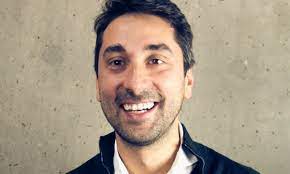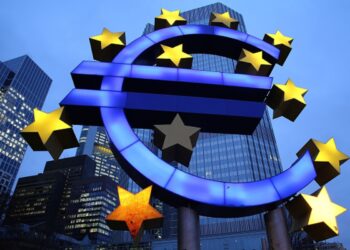The Key Points are:
- TrueLayer lets fintech apps like Revolut and Freetrade connect with customers’ bank accounts using technology known as APIs.
- The U.K. start-up, which competes with Silicon Valley firm Plaid, says it’s raised $70 million to expand its services internationally.
- So-called open banking firms are looking to undercut Visa and Mastercard by allowing fintech apps to initiate bank transfers.
LONDON — British financial technology start-up TrueLayer says it’s raised $70 million in fresh funding, highlighting continued appetite from investors for fast-growing fintech firms.
TrueLayer lets fintech apps like Revolut and Freetrade connect with customers’ bank accounts using technology known as APIs, or application programming interfaces. This means users of those apps can then make payments from their bank or view balances and transactions from different accounts.
The company said its latest investment round was led by Addition, the venture capital firm founded by former Tiger Global partner Lee Fixel. Existing investors Anthemis Group, Connect Ventures, Mouro Capital, Northzone and Singapore’s Temasek also invested.
Francesco Simoneschi, TrueLayer’s CEO and co-founder, said in an interview that the firm decided to raise more cash on the back of strong growth in 2020, helped in no small part by the coronavirus pandemic and a shift from consumers toward digital means of managing their finances.
“We were closing 2020 in an extremely positive way,” Simoneschi told CNBC. “We were going through an incredible year of growth,” he said, adding the company saw its payment volumes spike as much as 600 times.
TrueLayer declined to share its financials or valuation. The company, which also counts Chinese internet giant Tencent as a shareholder, has now raised $142 million in funding to date.
TrueLayer said it will use the fresh cash to expand its services internationally, building out its presence in Europe first before targeting a rollout in Australia. It’s also exploring whether to launch in Brazil further down the line.
Adopted from CNBC











